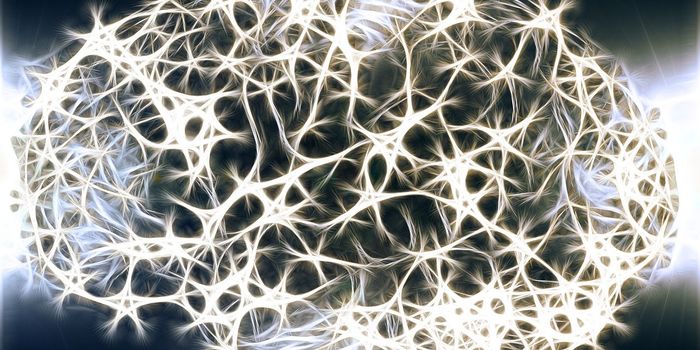The Link Between Sleep Apnea and Autoimmune Disease
Researchers from the University of Georgia have found more evidence for the link between obstructive sleep apnea (OSA) and an increased risk of autoimmune diseases such as lupus and rheumatoid arthritis. This is one of the reasons that sleep apnea home remedies are on the rise.
For their study, the researchers homed in on four cytokines- proteins involved in cell signaling- that are linked to autoimmune disease. They investigated levels of these cytokines in three groups of adults: people with untreated OSA, people without OSA, and people receiving treatment for the condition.
In the end, they found that those who had OSA but were left untreated had abnormal levels of all four cytokines, whereas participants in the other groups had cytokine levels within normal ranges. As such, the researchers suggest that poor sleep and insufficient oxygen supply may affect the availability of these cytokines.
“The relationship between OSA and other diseases is always complex to study. OSA in adults is commonly first diagnosed in midlife, but increases with age,” says Bradley Phillips, lead author of the research. “With increased age, you are also at risk for other diseases, and it’s very challenging for clinicians and researchers to determine if it’s OSA alone that causes other disorders, or if OSA only worsens the severity and progression of an underlying disease.”
Phillips went on to mention that untreated OSA can lead to hypertension and render drugs for high blood pressure ineffective. As such, he says that under certain conditions, OSA should be evaluated and treated alongside other conditions to provide proper symptom relief.
The present study is one of four looking into the links between OSA and certain diseases. Beyond autoimmune conditions, the researchers are also investigating how the condition influences neurodegenerative disorders, cardiovascular disease, and renal disease in the hope of both finding new underlying mechanisms for them, as well as new treatments.
Sources: UGA Today, Clinical Immunology









